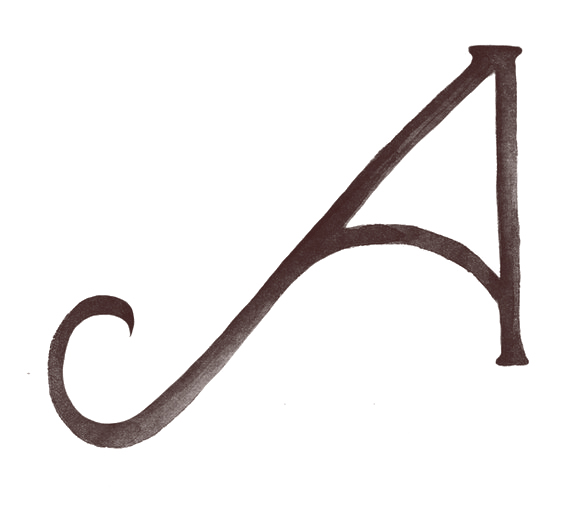Where to start with a story coach?
Are you in the dark about the process of working with a story coach (similar to a writing mentor), and what you would get out of it?
In our second instalment of 'Loaded questions... with Richard Holt', we chat about his process of engaging with clients, and what you can expect from the experience.
Where do you start in your first meeting?
Usually each interaction I have with clients is different depending on their needs, and where their starting point is. Part of that comes from reading some of their work – where is this author’s strengths, where are their weaknesses? We throw everything into the mix, whatever advice we can give them that is useful to them.
There’s always a little dialogue to make sure that what they’re proposing is what they think they need. Sometimes they can come to us with a fairly nebulous sense of being a bit lost in the process. And we’re able to say from looking this extract, for instance: ‘your prose is good, but you seem to be struggling with defining your characters, not differentiating them enough. We can work on that.’
After they’ve read the report, it’ll be those things we identified right at the start that carry through. If a developing writer understands that yes, they are the things I’m struggling with, often they will say ‘I couldn’t put my finger on it, but that’s really the stuff that is holding me back.’ You want them to be able to help themselves based on your proposal.
Every now and then you’ll get a client who’ll do that, and then come back to you and say ‘great, but I want to go through that process again with you’, and you certainly see the difference that makes.
When does a great coach-writer relationship develop?
That happens when a writer is a sponge for information, and when they are driven to improve themselves. I think it happens also as a result of the particular process that we use, where we always have an interaction that builds a relationship.
We have a manuscript that we appraise and formally report on, and then we back that up with a conversation at the end. It’s at that conversation stage that often we’ll come around to next steps, and whether we can offer a little more, whether the writer feels that they need a little more.
It’s about relationship building all the way through. Some writers really value that, they see the value in it from the first interaction. A lot of this is done by email, and it’s a relationship that’s filtered through this text.
For a writer to hand over an unpublished text and say ‘can you give me a hand with this?’, there’s trust in that action. And I think it’s around that trust that stronger relationships and more story coaching relationships are built.
It's really rewarding when developing authors engage deeply, and when through that process we see the development on the page. In some cases they’re choosing that as a way to self-educate.
That allows them to develop confidence with someone, interact with them, they know that they’re going to get some skills, but also get some direct impact on the manuscript that they’re working on.
May your words pour onto the page,


